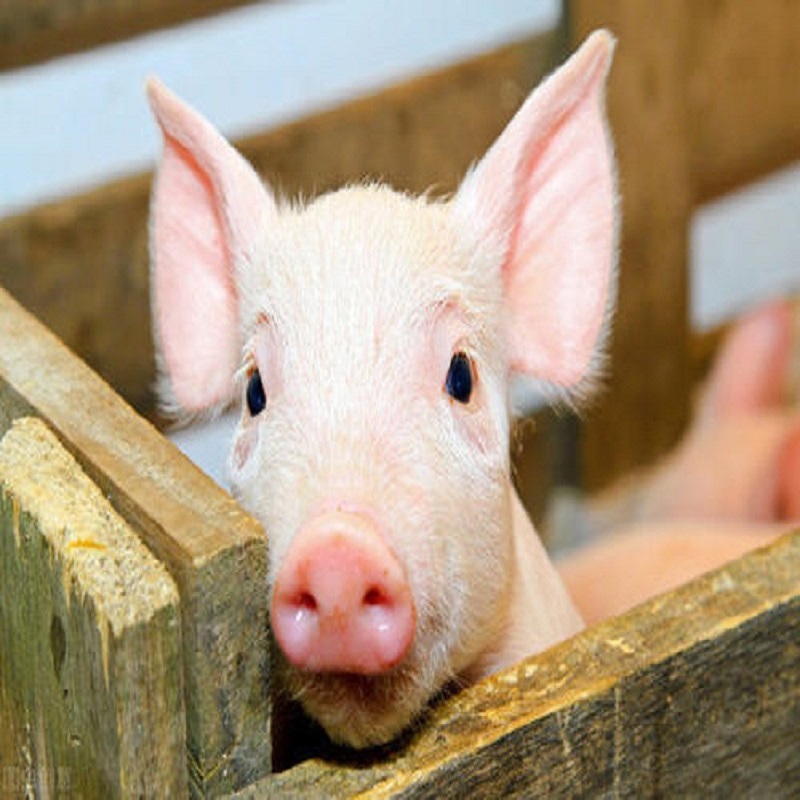Additives for laying hens feed: effects and applications of benzoic acid
1、 The function of benzoic acid:
Benzoic acid is a feed additive commonly used in the field of poultry feed. The use of benzoic acid in laying hens feed can have the following effects:
1. Improving feed quality:
Benzoic acid has anti mold and bactericidal effects. Adding benzoic acid to feed can effectively control microbial spoilage, prolong feed storage time, and improve feed quality.
2. Promoting the growth and development of laying hens:
During the growth and development period, laying hens need to absorb a large amount of nutrients. Benzoic acid can promote the absorption and utilization of nutrients by laying hens, accelerating their growth and development.
3. Promote protein synthesis:
Benzoic acid increase the utilization rate of protein in laying hens, promote protein conversion and synthesis, and thus improve protein utilization efficiency.
4. Improve egg production and quality:
Benzoic acid promote ovarian development in laying hens, improve protein and calcium absorption and utilization, and increase egg production and quality.
2、 The application of benzoic acid
When using benzoic acid in laying hens feed, the following points should be noted:
1. Reasonable dosage: The dosage of benzoic acid should be determined based on specific feed types, growth stages, and environmental conditions, and should be used in accordance with the manufacturer’s instructions.
2. Cooperate with other feed additives: Benzoic acid can be used in combination with other feed additives such as probiotics, phytase, etc. to better exert its effects.
3. Pay attention to storage and storage: Benzoic acid is a white crystalline substance that is easily hygroscopic. It should be kept dry and stored in a cool and dry place.
4. Reasonable combination of feed: Benzoic acid can be reasonably combined with other feed ingredients such as wheat bran, corn, soybean meal, etc. to achieve better results.
In summary, the application of benzoic acid in laying hens feed can have a good effect, but attention should be paid to the usage method and dosage to avoid adverse effects on the health of laying hens.